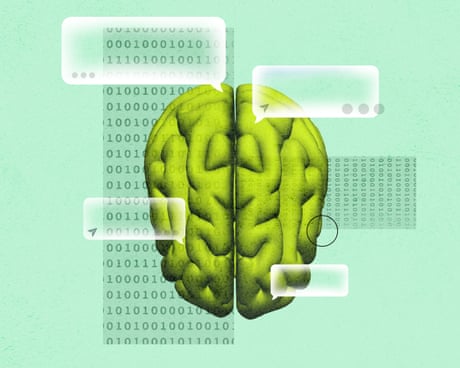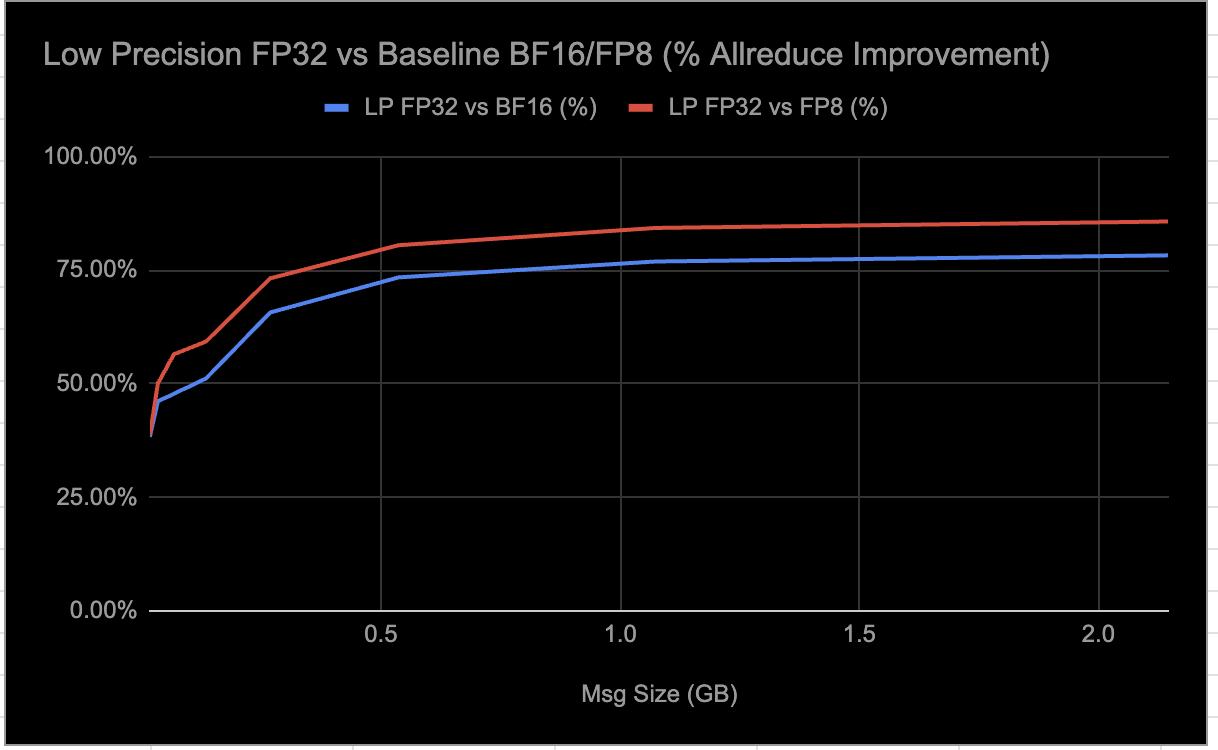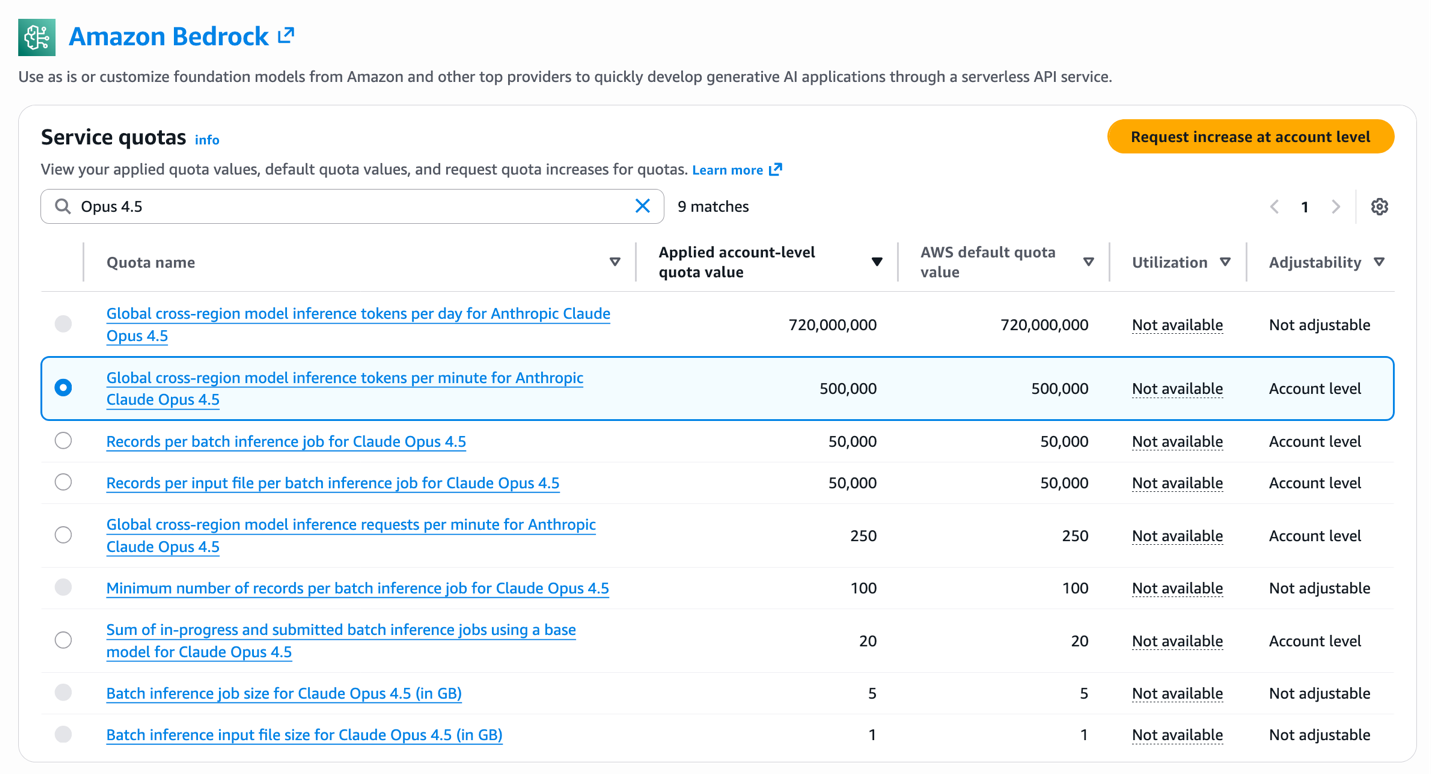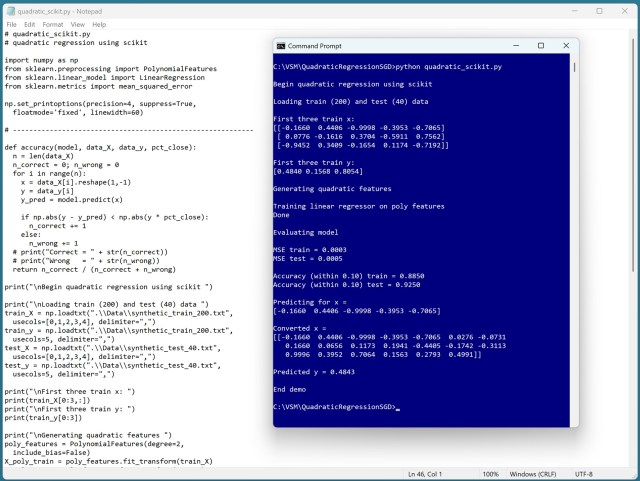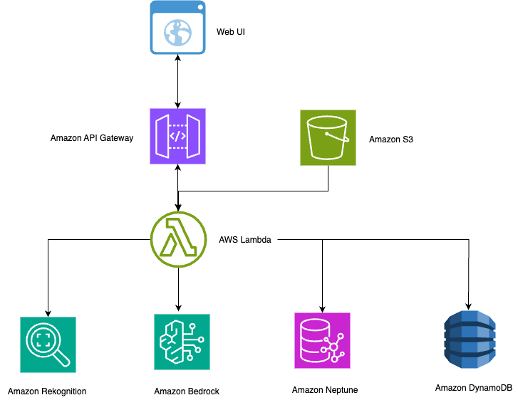Efficiently share GPU capacity with Multi-LoRA for MoE models like GPT-OSS. Amazon optimizations improve performance for hosting dense models.
MIT researchers developed a method to accelerate training of large language models by using idle processors. By training a smaller model to predict outputs of a larger model, they doubled training speed without sacrificing accuracy.
Nvidia continues to exceed Wall Street's expectations with higher than expected revenues from its data center business, driven by AI infrastructure investments. The chipmaker's dominance in the market is highlighted by its 75% year-over-year growth and staggering $120bn total profit for the fiscal year.
GenAI models often lack understanding of physics, leading to impractical 3D designs. MIT's PhysiOpt system enhances designs by incorporating physics simulations for structurally sound objects, allowing users to create unique and functional items with ease.
Sammy Azdoufal stumbled upon global robot vacuum data, revealing mind-boggling implications for tech. Age is irrelevant - his accidental hack is the focus.
NVIDIA's survey shows healthcare embracing AI for medical imaging, drug discovery, and cost reduction, with open source software and agentic AI gaining traction. AI adoption is on the rise across all healthcare sectors, with digital healthcare leading at 78% and generative AI as the top workload.
AI expert Toby Walsh criticizes Australian government for lack of AI regulation, warns of psychosis in chatbot interactions. Silicon Valley's pursuit of profit with AI technology is described as "careless" by Walsh, who predicts a mix of benefits and risks in the AI race.
Meta open-sources RCCLX, integrating CTran for AMD platforms, enhancing AllToAllvDynamic. DDA and Low Precision Collectives boost AMD performance significantly, reducing latency by up to 30%.
Meta's owner buys $60bn AI chips from AMD, part of $660bn US tech AI spending trend, a 'big bet' on artificial intelligence. Analyst suggests it may signal a pivot in Meta's AI strategy.
AI is tricking us with realistic online scenarios, blurring the line between reality and technology. A humorous Instagram reel featuring a 3D hole in New York sparks existential doubt about what is real.
Organizations in Thailand, Malaysia, Singapore, Indonesia, and Taiwan can now access Anthropic's AI models through Global CRIS on Amazon Bedrock, offering higher quotas, cost efficiency, and intelligent request routing for AI use-cases like chatbots and financial analysis systems. Global CRIS enables seamless distribution of inference processing across AWS Regions, ensuring responsiveness and r...
Quadratic regression adds squared predictors and interaction terms for complex data analysis. A demo using scikit-learn library showcases model weights and predictive accuracy.
Intelligent photo search systems use computer vision and natural language processing to revolutionize photo organization. Amazon Rekognition, Neptune, and Bedrock enable personalized search with complex relationship mapping for thousands of images.
Anthropic faces Pentagon penalties over AI model dispute. Defense officials clash on military use of Anthropic's powerful AI model, Claude.
Shares in Uber, Mastercard, and American Express drop due to speculative AI apocalypse scenario from Citrini Research on Substack. Investors rattled by warning of autonomous AI systems disrupting US economy in near future.







